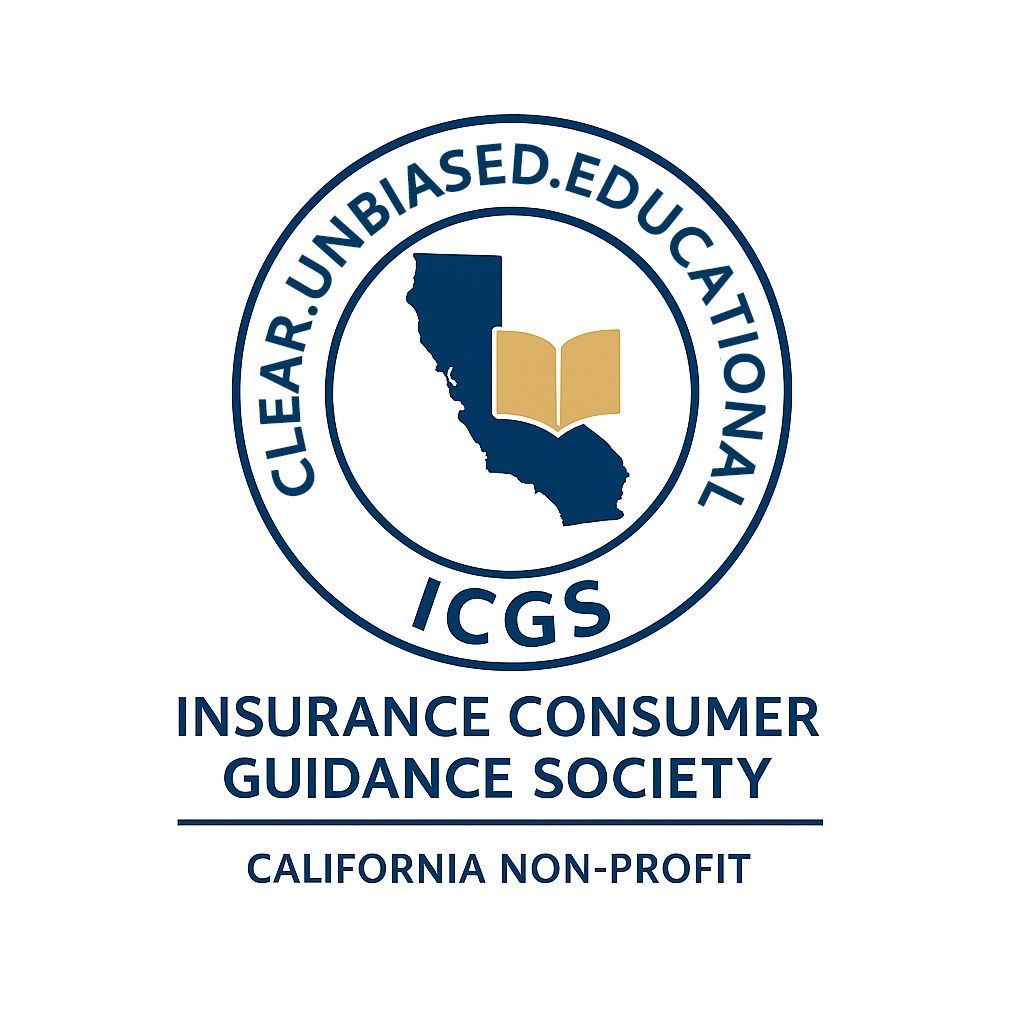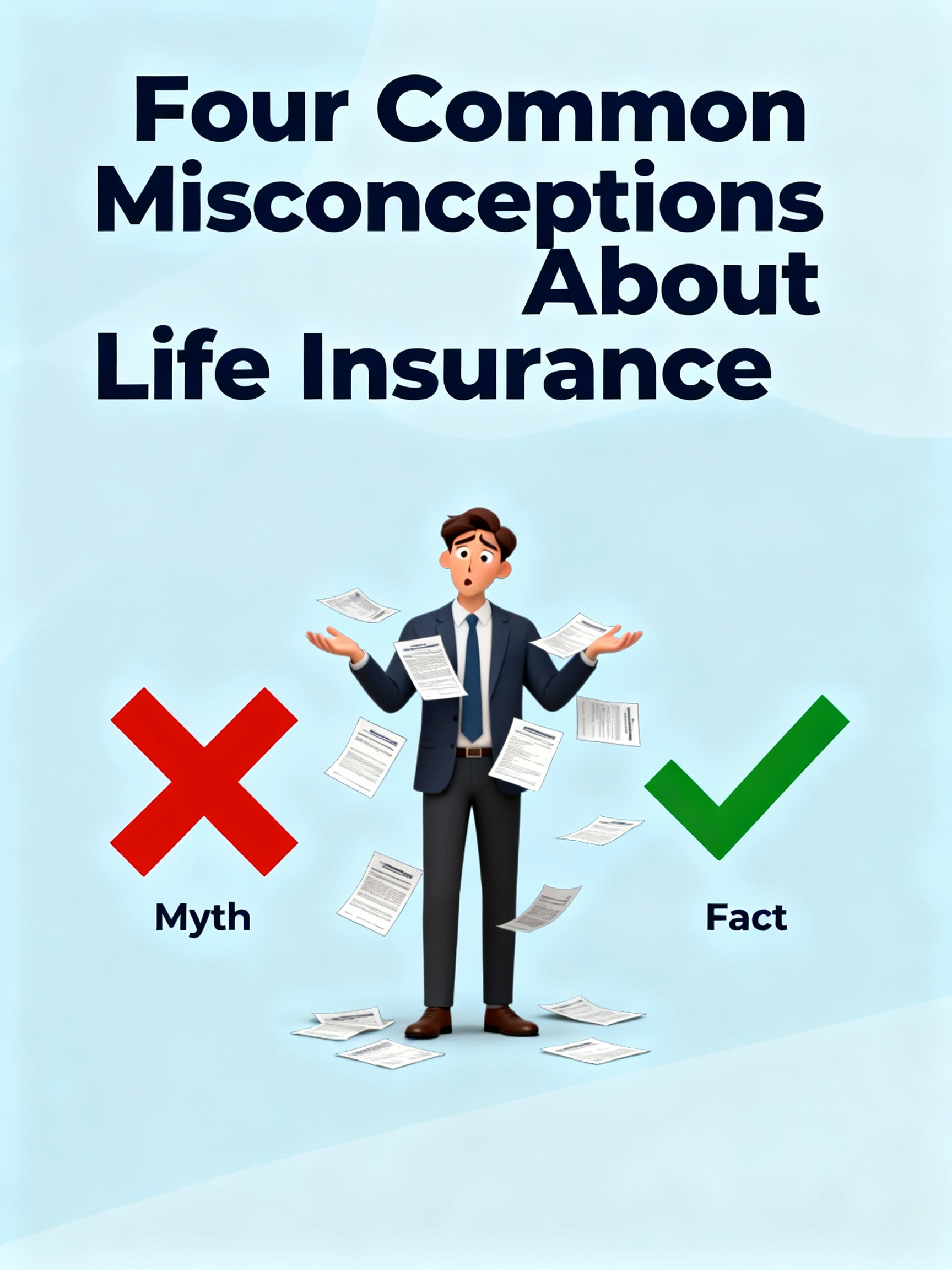Do Insurance Companies Profit by Denying Claims? And Why Some Parents Buy Life Insurance for Their Babies
Published Date: 07/09/2024
Insurance is often described as a promise — a safeguard against life’s worst moments. Yet for many consumers, that promise is wrapped in skepticism. Do insurance companies really make money by denying claims? And why would anyone buy life insurance for a newborn?
In a recent episode of Insurance Hour, host and insurance expert Karl Susman addressed these emotionally charged questions head-on. What followed was a clear, practical look at how insurance actually works, why not every claim is paid, and how life insurance for babies is less about tragedy and more about long-term financial strategy.
Here’s what consumers need to understand.
Do Insurance Companies Make Money by Denying Claims?
A listener put the concern bluntly:
“Insurance companies make money by not paying claims. How is that not a conflict of interest?”
Susman didn’t dismiss the logic.
“In a vacuum,” he said, “if you had two identical insurance companies with the same policy, same client, and same claim — and one paid while the other didn’t — then yes, the one that didn’t pay would have less expense and therefore more profit.”
But that logic only applies if the claim is legitimate and the insurer wrongfully refuses to pay it. In real life, insurance doesn’t operate on discretion — it operates on contract law, regulation, and actuarial math.
Insurance Is a Legal Contract — Not a Favor
When you buy an insurance policy, you’re not buying goodwill. You’re entering into a legally binding agreement.
“The contract you purchase from an insurance company is a legally binding document,” Susman explained. “You pay premiums, and in exchange, they promise to pay for covered claims.”
This relationship is governed by the principle of utmost good faith, meaning:
- You must disclose accurate information.
- The insurer must evaluate and pay claims according to the policy language.
- Neither side can act arbitrarily.
When both sides honor the contract, the system works as intended.
Why Some Claims Are Denied (Even When It Feels Unfair)
Disputes arise in the gray areas of coverage — where the policy language does not clearly support the loss.
“The last thing a carrier wants is to pay a claim that’s not in the policy,” Susman said. “That breaks the system.”
Insurance pricing is based on actuarial calculations — precise estimates of expected losses. If companies start paying claims that fall outside the contract, those calculations collapse, threatening the company’s financial stability.
That doesn’t mean every denial is correct. Mistakes happen. Bad actors exist on both sides. But in most cases, denials stem from policy language, not personal motive.
Fraud Exists on Both Sides of the System
Susman emphasized that abuse isn’t limited to insurers.
“There’s fraud on insurance carriers, and there’s fraud on insurance clients. You’ll see it on both sides if you look hard enough.”
Examples include:
- Exaggerated or staged claims
- Misrepresented losses
- Undisclosed material facts on applications
Fraud raises costs for everyone and undermines trust in the system. At the same time, wrongful denials erode public confidence and invite regulatory action. The balance between protection and enforcement is what keeps the system functioning.
The Real Takeaway: It’s Not Personal — It’s Policy
For consumers, the most important lesson is this:
“Carriers aren’t out to get you,” Susman said. “They just want to follow the policies as written.”
That’s why your best defense is understanding your contract before a loss occurs. Susman advises all policyholders to:
- Review your declarations page and coverage limits annually
- Ask your agent to explain exclusions and gray areas
- Never assume “common sense” coverage applies
- Document everything when a claim occurs
Insurance works best when expectations match the actual policy language.
Why Do Some Parents Buy Life Insurance for Babies?
After addressing profit and claims, Susman turned to a question that surprises many people:
“Why do people buy life insurance on babies?”
At first, it can feel unnecessary — infants don’t earn income. But the real value of infant life insurance isn’t income replacement. It’s guaranteed future insurability.
Locking in “Perfect Health” for Life
From an underwriting standpoint, a healthy newborn is the lowest-risk individual an insurer can ever cover.
“If you purchase a life insurance policy on a newborn,” Susman explained, “you’re locking in the fact that they are as healthy as they’ll ever be — possibly for life.”
If that child later develops a serious medical condition — diabetes, heart disease, cancer, or genetic disorders — qualifying for affordable life insurance as an adult could become impossible. A policy issued at birth bypasses that future risk.
Protecting Future Insurability
Many permanent child policies include guaranteed insurability riders, which allow the child to increase coverage later without medical underwriting.
“You’re taking out an insurance policy on getting an insurance policy,” Susman said. “It sounds funny, but that’s exactly what it is.”
This ensures that no matter what happens to the child’s health later in life, coverage will always be available.
The Financial Side: Cash Value Growth
Permanent life insurance for children also builds cash value over time, creating a long-term financial asset.
By adulthood, that cash value can be used for:
- College expenses
- A first home down payment
- Business startup capital
- Emergency needs
- Supplemental retirement planning
While not right for every family, this transforms the policy from a safety net into a financial planning tool.
The Emotional Reason Parents Choose Infant Coverage
Beyond finances and insurability, there’s an emotional component.
Parents don’t buy life insurance for babies because they expect tragedy — they buy it to ensure they could handle unexpected expenses without financial devastation.
“It’s not something anyone wants to think about,” Susman said. “But for some families, it provides comfort knowing they’ve planned for every possibility.”
The Bigger Message: Understanding Beats Guessing
Whether the topic is denied claims or insuring newborns, the same truth emerges:
Insurance is not emotional — it is contractual.
But the consequences of insurance decisions are very real.
When consumers understand:
- What their policies actually cover
- Where exclusions apply
- How claims are evaluated
- Why certain products exist
Insurance stops being a mystery and becomes a tool for empowerment.
“Once you understand the logic behind it,” Susman concluded, “it’s actually pretty simple. It’s a promise — one that works best when both sides keep theirs.”
Final Thoughts
Insurance companies don’t inherently profit by denying claims. They profit by managing risk within clearly defined contracts. When claims meet policy terms, they’re paid. When they don’t, the system requires consistency — even when that feels emotionally difficult.
And as for life insurance on babies? It’s not about anticipating loss — it’s about protecting insurability, building long-term value, and planning for a future no one can fully predict.
Whether you’re questioning your insurer’s motives or thinking about your family’s financial security, the same principle applies:
Knowledge is your strongest form of protection.
Author






